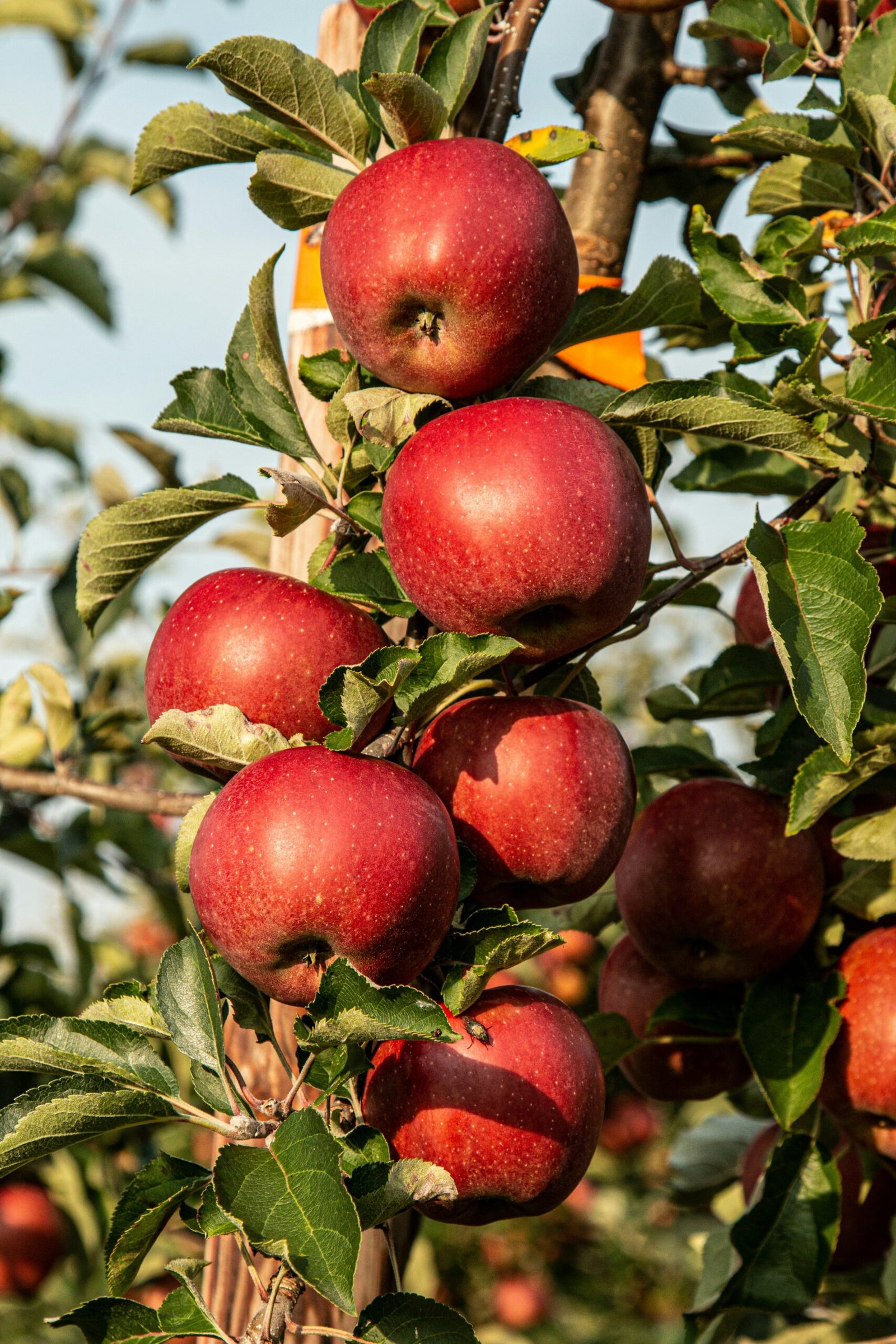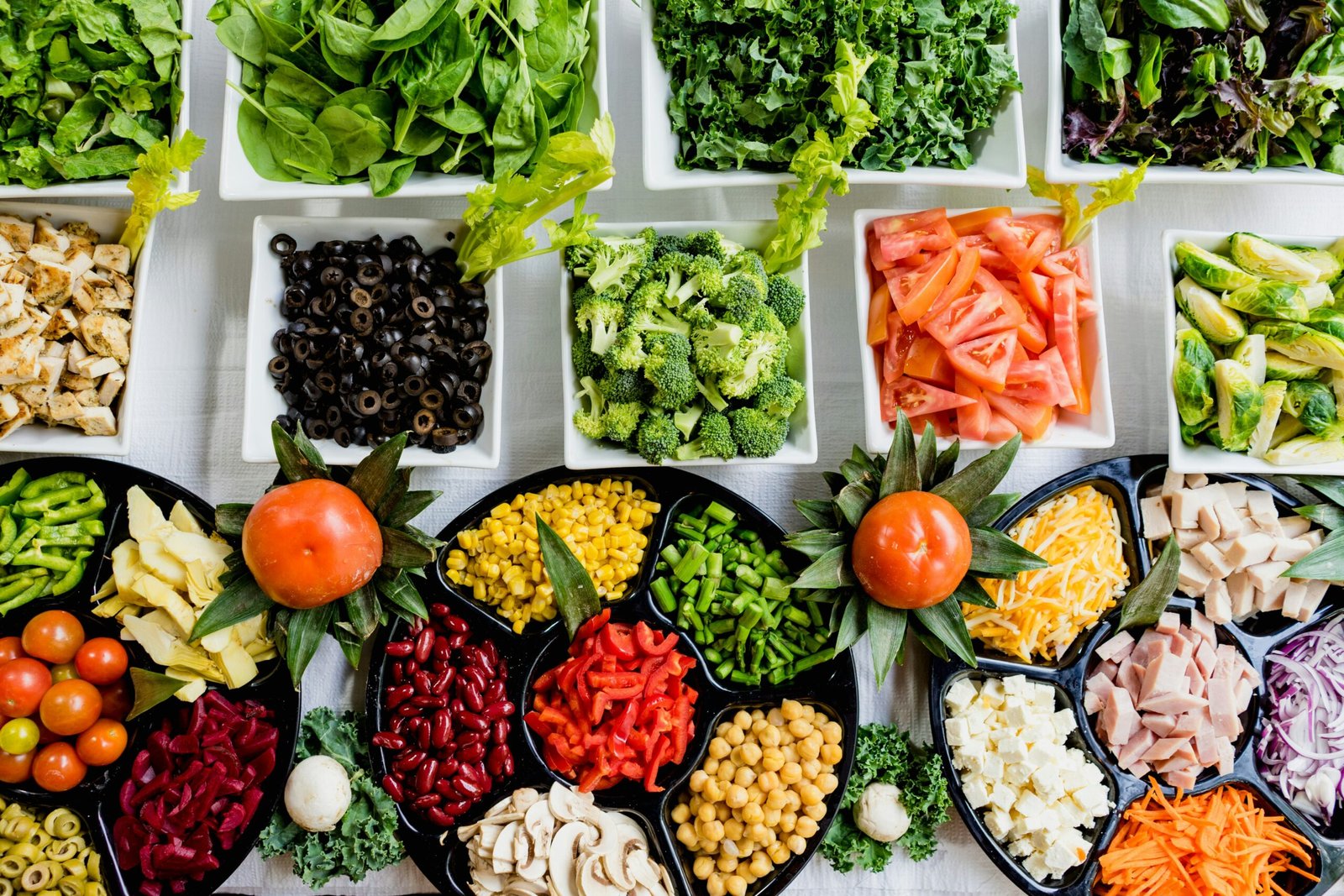The Importance of Fueling Up Before Exercise
When it comes to exercise, many people focus on the physical activity itself without considering the importance of fueling up beforehand. However, proper nutrition before a workout is crucial for optimal performance and overall health. In this article, we will explore the reasons why fueling up before exercise is essential and provide some practical tips for pre-workout nutrition.
One of the main reasons why fueling up before exercise is important is because it provides the body with the necessary energy to perform at its best. When we exercise, our muscles require fuel in the form of carbohydrates to function efficiently. Without an adequate supply of carbohydrates, our bodies may not be able to perform at their peak, leading to decreased performance and potential fatigue.
Another reason why pre-workout nutrition is crucial is because it helps to prevent muscle breakdown. When we exercise, our bodies break down muscle tissue in order to fuel our movements. However, by consuming a balanced meal or snack before a workout, we can provide our muscles with the necessary nutrients to minimize muscle breakdown. This can help to preserve muscle mass and promote muscle growth and repair.
In addition to providing energy and preventing muscle breakdown, fueling up before exercise also helps to improve endurance. By consuming carbohydrates before a workout, we can increase our glycogen stores, which are the primary fuel source for endurance activities. This can help to delay the onset of fatigue and allow us to exercise for longer periods of time.
Furthermore, pre-workout nutrition plays a vital role in recovery. After a workout, our bodies need to replenish glycogen stores and repair damaged muscle tissue. By consuming a combination of carbohydrates and protein before a workout, we can jumpstart the recovery process and provide our bodies with the necessary nutrients to repair and rebuild.
When it comes to pre-workout nutrition, it’s important to choose the right foods. Ideally, a balanced meal or snack should consist of carbohydrates, protein, and a small amount of healthy fats. Some examples of pre-workout snacks include a banana with peanut butter, Greek yogurt with berries, or a whole grain toast with avocado and eggs. It’s also important to stay hydrated by drinking water before, during, and after exercise.
In conclusion, fueling up before exercise is essential for optimal performance and overall health. By providing our bodies with the necessary nutrients, we can enhance our energy levels, prevent muscle breakdown, improve endurance, and promote recovery. So, next time you lace up your sneakers, don’t forget to fuel up before you hit the gym or head out for a run!
Why Fueling Up Matters
1. Energy Levels: Just like a car needs fuel to run efficiently, our bodies require energy to perform physical activities. When we exercise, our muscles use glycogen, which is stored glucose, as the primary source of fuel. By fueling up before a workout, we ensure that our glycogen stores are adequately replenished, providing us with the energy needed to perform at our best.
2. Performance: Proper nutrition before exercise can significantly impact our performance. When we have sufficient energy reserves, we can exercise for longer durations and at higher intensities. This can lead to improved endurance, strength, and overall athletic performance.
3. Muscle Preservation: During exercise, our bodies break down muscle protein to provide amino acids for energy. By fueling up before a workout, we can minimize muscle protein breakdown and promote muscle preservation. This is especially important for individuals who engage in resistance training or other activities aimed at building or maintaining muscle mass.
4. Recovery: Fueling up before exercise also plays a crucial role in post-workout recovery. Consuming the right nutrients before a workout can help reduce muscle soreness, promote muscle repair, and replenish glycogen stores. This allows for faster recovery and better adaptation to exercise.
5. Nutrient Timing: The timing of our pre-workout meal or snack is also essential. Ideally, we should aim to consume a balanced meal or snack containing carbohydrates, protein, and healthy fats about 1-3 hours before our workout. This allows enough time for digestion and absorption of nutrients, providing a steady release of energy during exercise.
6. Hydration: In addition to fueling up with food, proper hydration is equally important. Dehydration can lead to decreased performance, muscle cramps, and fatigue. It is recommended to drink water or a sports drink before and during exercise to maintain optimal hydration levels.
7. Individual Needs: It’s important to note that the specific fueling requirements may vary depending on individual factors such as age, gender, body composition, and the type of exercise. Consulting with a registered dietitian or sports nutritionist can help determine personalized fueling strategies for optimal performance and recovery.
8. Mental Focus: Fueling up before a workout not only benefits our physical performance but also enhances mental focus and concentration. When our bodies are properly fueled, our brains receive the necessary nutrients to function optimally, allowing us to stay mentally sharp and focused during our workouts.
In conclusion, fueling up before exercise is crucial for maximizing performance, preserving muscle mass, promoting recovery, and maintaining overall health. By paying attention to our pre-workout nutrition and hydration, we can optimize our energy levels, enhance our physical and mental performance, and achieve our fitness goals more effectively.
What to Eat Before Exercise
Now that we understand the importance of fueling up before exercise, let’s explore some guidelines for pre-workout nutrition:
1. Carbohydrates: Carbohydrates are the body’s preferred source of energy during exercise. Consuming a meal or snack rich in carbohydrates before a workout can help optimize glycogen stores. Good carbohydrate choices include whole grains, fruits, vegetables, and legumes. These complex carbohydrates provide a slow and steady release of energy, ensuring that you have enough fuel to sustain your workout.
2. Protein: Including some protein in your pre-workout meal or snack can help support muscle protein synthesis and reduce muscle protein breakdown during exercise. Lean sources of protein such as chicken, fish, tofu, or Greek yogurt are excellent options. Protein is essential for repairing and building muscle tissue, which is especially important if you are engaging in strength training or high-intensity workouts.
3. Healthy Fats: While carbohydrates are the primary source of energy during exercise, including some healthy fats in your pre-workout meal can help slow down digestion and provide a steady release of energy. Examples of healthy fats include avocados, nuts, seeds, and olive oil. These fats also help with the absorption of fat-soluble vitamins and provide essential fatty acids that support overall health.
4. Timing: It’s essential to give your body enough time to digest before exercising. Ideally, aim to consume a balanced meal or snack containing carbohydrates, protein, and healthy fats 1-3 hours before your workout. This timeframe allows your body to break down and absorb the nutrients, providing you with the necessary energy for your exercise session. If you’re short on time, a small snack rich in carbohydrates and a moderate amount of protein can suffice. However, keep in mind that larger meals may require more time for digestion, so adjust your timing accordingly.
By following these pre-workout nutrition guidelines, you can ensure that your body has the necessary fuel to perform at its best during exercise. Remember to listen to your body and make adjustments based on your individual needs and preferences. Experiment with different food combinations and timing to find what works best for you. With the right pre-workout nutrition, you’ll be able to maximize your performance, enhance your recovery, and achieve your fitness goals.
5. Timing: The timing of your pre-workout meal or snack can greatly impact your performance. Aim to eat a balanced meal or snack containing carbohydrates, protein, and fats about 1-3 hours before your workout. This allows enough time for digestion and absorption of nutrients, providing you with sustained energy throughout your exercise session.
6. Carbohydrates: Carbohydrates are the primary source of fuel for your muscles during exercise. Including complex carbohydrates in your pre-workout meal can help replenish glycogen stores and provide a steady release of energy. Good sources of complex carbohydrates include whole grains, fruits, and vegetables.
7. Protein: Protein is essential for muscle repair and growth. Including a moderate amount of protein in your pre-workout meal can help enhance muscle recovery and promote muscle protein synthesis. Good sources of protein include lean meats, poultry, fish, eggs, dairy products, and plant-based options like tofu and legumes.
8. Fats: While fats are a concentrated source of energy, they should be consumed in moderation before a workout. Including a small amount of healthy fats, such as nuts, seeds, or avocado, can help provide sustained energy and promote satiety during your workout.
9. Personal Preferences: It’s important to consider your personal preferences when planning your pre-workout nutrition. Choose foods that you enjoy and that fuel your body effectively. This can help you maintain consistency and adherence to your nutrition plan.
10. Listen to Your Body: Ultimately, the most important aspect of pre-workout nutrition is listening to your body. Pay attention to how different foods make you feel and perform during exercise. If certain foods cause discomfort or hinder your performance, make adjustments accordingly.
Remember, pre-workout nutrition is just one piece of the puzzle. It’s important to also focus on overall balanced nutrition, hydration, and adequate rest to support your fitness goals and optimize your performance.







